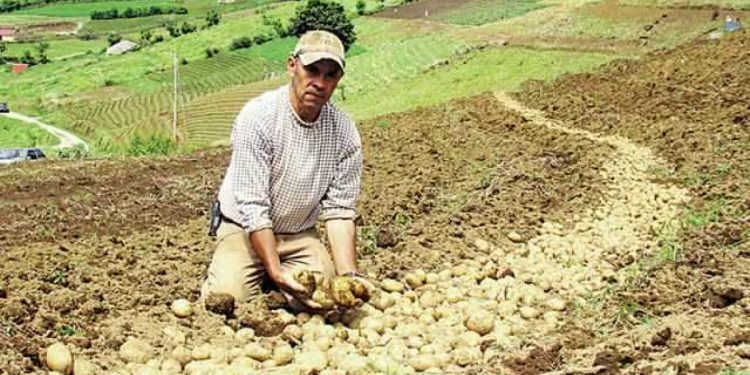The joboto or blind Hen has been a problem that has directly affected the production costs and yields in the vegetable harvest of Zarcero producers for many years, especially in the lower parts of the Canton and surrounding places.
Given this situation and in order to help potato producers, the study “management of joboto or blind hen with microorganisms in potato cultivation, Zarcero, Costa Rica”was carried out.
“The problem of the hen blind has risen and is coming to areas that are found in higher altitudes of 1,850 metres above sea level (masl), and stresses that it is not only a problem of Zarcero, but also of other areas of the country such as Carthage, Poas, and Greece,” said Nidia Mora Cubero, in charge of the Agency Agricultural Service of the Ministry of Agriculture and Livestock (MAG) in Zarcero.
This project was developed in four farms producing certified organic vegetables, located in Guadalupe, Las Brisas, Tapezco and Santa Rosa de Zarcero, where the activities were carried out in a uniform manner, carrying out meetings with producers and technicians.
The study contemplated the collection and identification of joboto specimens present in the farms through the use of light traps.
At an initial stage of the project, applications and evaluations of the effectiveness of the use of entomopathogenic fungi were made, obtaining as a preliminary result an intermediate control, based on the application of the mixture of fungi, in high volume on a weekly basis.
Applications of the bacterium Bacillus popilliae were also carried out, with which producers show good results in very problematic terrain, where populations between 50-80 individuals per square meter were shown.
The study was conducted under the funding of Fittacori.
More information: Nidia Mora Cubero, nmora@mag.co.cr
SourceArgenpapa







